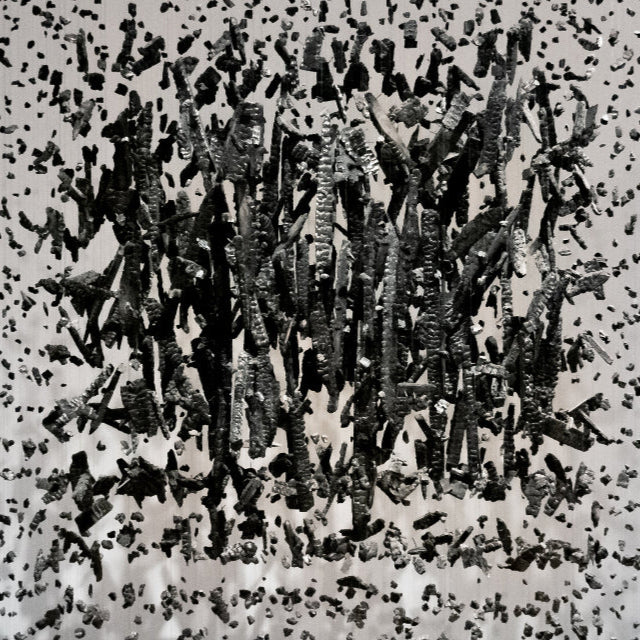Once a close associate of Mao Zedong and the nation’s most celebrated poet, Ai Weiwei’s father, Ai Qing, was branded a rightist during the Cultural Revolution, and he and his family were banished to a desolate place known as “Little Siberia,” where Ai Qing was sentenced to hard labor cleaning public toilets. Ai Weiwei recounts his childhood in exile, and his difficult decision to leave his family to study art in America, where he befriended Allen Ginsberg and was inspired by Andy Warhol and the artworks of Marcel Duchamp. With candor and wit, he details his return to China and his rise from artistic unknown to art world superstar and international human rights activist—and how his work has been shaped by living under a totalitarian regime.
Ai Weiwei’s sculptures and installations have been viewed by millions around the globe, and his architectural achievements include helping to design the iconic Bird’s Nest Olympic Stadium in Beijing. His political activism has long made him a target of the Chinese authorities, which culminated in months of secret detention without charge in 2011. Here, for the first time, Ai Weiwei explores the origins of his exceptional creativity and passionate political beliefs through his life story and that of his father, whose creativity was stifled.
At once ambitious and intimate, Ai Weiwei’s 1000 Years of Joys and Sorrows offers a deep understanding of the myriad forces that have shaped modern China, and serves as a timely reminder of the urgent need to protect freedom of expression.
Hardcover | 400 pages.
Shipping and handling rates are based on weight and destination. All orders are shipped via USPS or UPS. When possible, our orders are packaged with recycled materials to reduce waste and additional costs. Orders over $150 may be sent signature required at our discretion.
We do offer express shipments through UPS 2 and 3 Day Air. We also offer shipping via USPS Priority Mail (1-3 days to most US locations.)
We ship all international orders with tracking to your address via USPS. Most products can be shipped to international addresses. Recipient is responsible for all applicable customs duties, tariffs, taxes or Value Added Tax (VAT), which are collected by the carrier upon delivery. Shipping rates are calculated based on weight and destination.
For additional information, please contact The Museum Store at store@phxart.org.
In-store pickup is available on most items at no charge by selecting the pickup option at checkout. An email notification is generated and sent as soon as items are packaged and ready for pickup.
Pickup is available Wednesday - Sunday, 10am - 5pm. Please visit The Museum Store or park near the red dinosaur sculpture on the north side of The Museum and call 602-257-2182 when you arrive. We can bring your items out to you.
An additional email notification will be sent for any items not picked up after 10 days of order receipt.
Orders not picked up after 20 days of order receipt will receive a final email notification.
Items not picked up after 30 days of order receipt will be considered abandoned and processed as a donation to The Museum.
Please inspect your order upon delivery. If you are not completely satisfied with your purchase, you may return the merchandise for a replacement, exchange, or refund within 30 days of purchase with the original receipt and product tag attached.
Clearance items and consumables such as nail polish and perfume are final sale and non-returnable. Gift recipients will receive a merchandise credit in the form of a Museum Store gift card.
Museum Store Returns
1625 N Central Avenue
Phoenix, Arizona 85004
Tel. 602-257-2182
The contemporary art collection at PhxArt features cutting-edge contemporary works by living artists, from the mid-20th century to today. Representing works by artists working all over the world, the collection features diverse perspectives that illuminate the contemporary human experience.
The contemporary art collection at PhxArt features cutting-edge contemporary works by living artists, from the mid-20th century to today. Representing works by artists working all over the world, the collection features diverse perspectives that illuminate the contemporary human experience.
Members of Phoenix Art Museum save 10% off all regularly priced merchandise!
Members of Phoenix Art Museum save 10% off all regularly priced merchandise!
Receive fun and informational emails about art-inspired gifts, free shipping days, sales and more! You'll receive between 2 and 3 emails per month throughout the year, plus a few extra during special shopping holidays.
